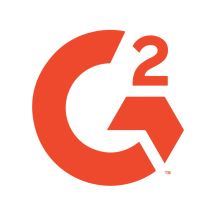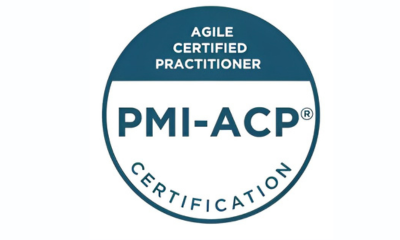CertHippo PMI-RMP® Certification Course is a comprehensive programmer designed by industry professionals with 10+ years of experience to assist you in preparing for the PMI-RMP® test and becoming a certified Risk Management Professional. You will learn the fundamental concepts of risk management and how to apply them in real-world scenarios. You will also gain expertise in risk planning, risk identification, risk analysis, risk response planning, risk monitoring and control, and how to effectively communicate risk-related information to stakeholders. With our PMI-RMP® online course, you can take your career to new heights.


_CC638191967236974640_.png)













